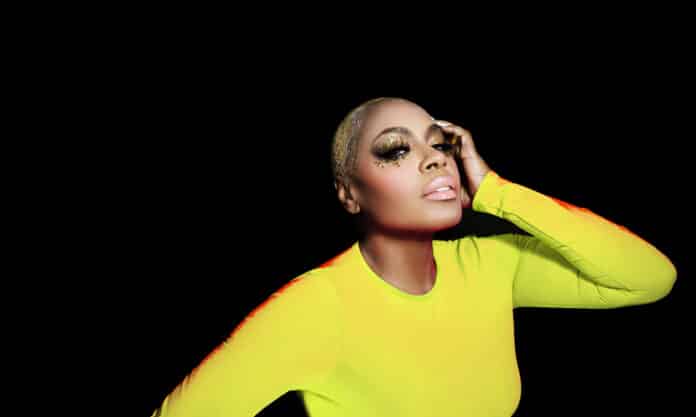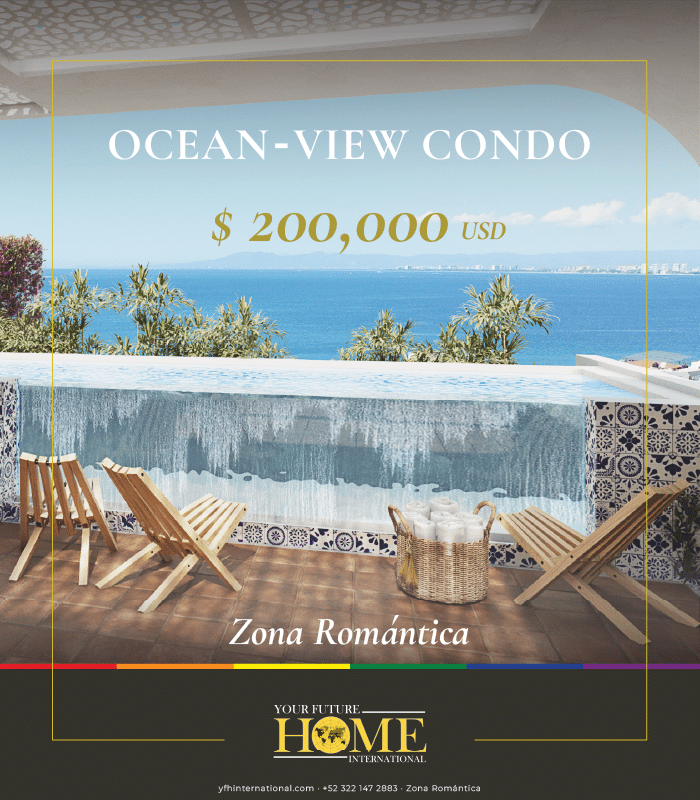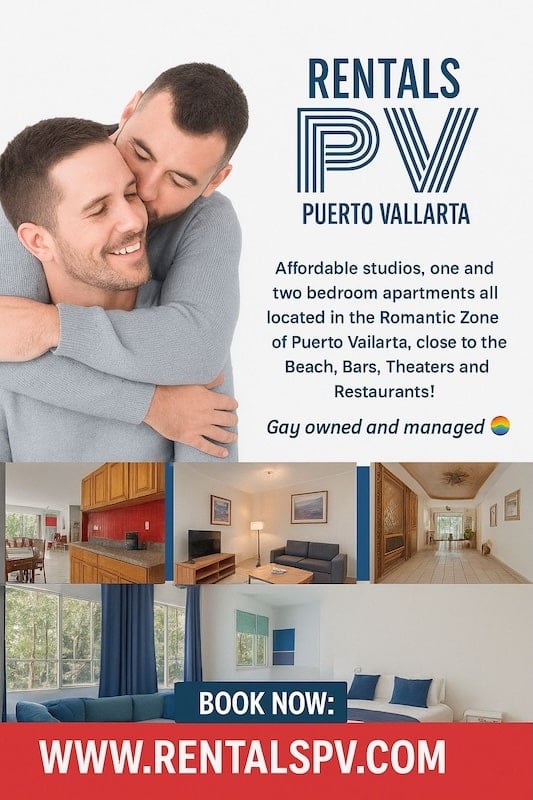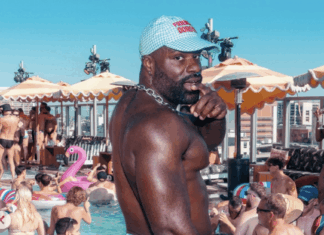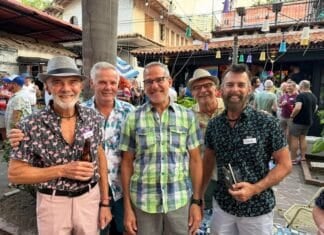Esta publicación también está disponible en: English Español
Baltimore’s Own Ultra Naté Joins the 20+ DJs and Producers Taking Over Vallarta’s Beaches at This Year’s New Queer House Music Festival
Although she’s been at it for decades with multiple albums and countless singles under her stylish belt and lushes lashes, it was Ultra Naté‘s late 90s No. 1 dance hit Free that still plays around the world to this day. Like a favorite I Love Lucy rerun, there’s a good chance Free is playing somewhere in the world at the very moment you’re reading this.
‘Cause you’re free
To do what you want to do
You’ve got to live your life
Do what you want to do
But Ultra’s global hit from March of 1997 is indeed just a small part of the Baltimore-based singer/songwriter/producer’s impressive musical career. Joseph Fenity recently spoke with Ultra Naté about her eclectic upbringing, passion for music and the love she shares with her loyal LGBTQ audiences.
JOSEPH FENITY: I’m sure you’re tired of answering this, but just to confirm: Ultra Naté is in fact your original birth name, not a stage name?
ULTRA NATÉ: y mother was a young mom and a bit of a “wild child” — we sort of grew up together. She came up with Ultra as my first name and Naté as my middle. My middle name comes from the Jean Naté “after bath splash” perfume. You can’t make this stuff up!
JF: It seems that from the very start your mother kind of set a tone for the woman you could or would become.
UN: She really set the tone for me to truly explore the creative aspect of things when those opportunities presented themselves. Because before that, I was going into medicine. That was my plan. I decided by high school here that I was going to go to a school that was geared towards the medical profession. So I was doing college prep. And developmentally, I kind of felt like, “Whoa! Wait a minute.” The level of expectation was like really through the roof. Look, I just graduated from high school. Can I get a bit of a break here? So that “break” opened the door to this suddenly creative moment that happened — where I simultaneously discovered dance music culture through the club scene in Baltimore.
JF: Will you paint us a picture of a young Ultra discovering the 1980s Baltimore dance scene? The culture, the vibe? Take us there.
UN: I remember it like it was yesterday; it really feels just like yesterday. I recall that summer of ’86 and I was hanging out at our harbor and there was a TV show that was like our own Baltimore bootleg version of Soul Train that was shot and aired locally. Those shows had certain dancers that we were all big fans of. You know, the couples that danced together every week, and they would have like a showdown at the end of the of every week. So we’d develop these relationships just by watching these people dance every Saturday night. One day I was hanging out at the harbor killing time, and this girl was walking by, and I recognized her as one of the dancers that I was a big fan of. So I called out to her and she came over and we started talking. She was really sweet, really fun, and we became instant friends. She was the one who told me about a club here in Baltimore called Odell’s.
JF: Odell’s Nightclub — the 70s disco turned 80s nightclub?
UN: The one and only! Odell’s was literally like the shot heard around the world for people that lived in Baltimore. It was based on the template of the Paradise Garage, which was happening in New York simultaneously… this was our version — Baltimore’s version — of an amazing club with an amazing sound system. So that TV show dancer-turned-friend invited me to Odell’s and I absolutely fell in love with everything about the space, the environment, the vibe.
JF: Everything was on point? From music to production?
UN: You know the energy, the lights, the music; the music was danceable. R&B. You’d hear Jean Kahn or Chaka Khan or The Commodores — whatever was really, really hot and danceable R&B mixed in with Disco and a bit of like some of the industrial stuff that was happening coming out of Europe. Anything that was funky and fun.
JF: And when did the gays find you?
UN: From go!
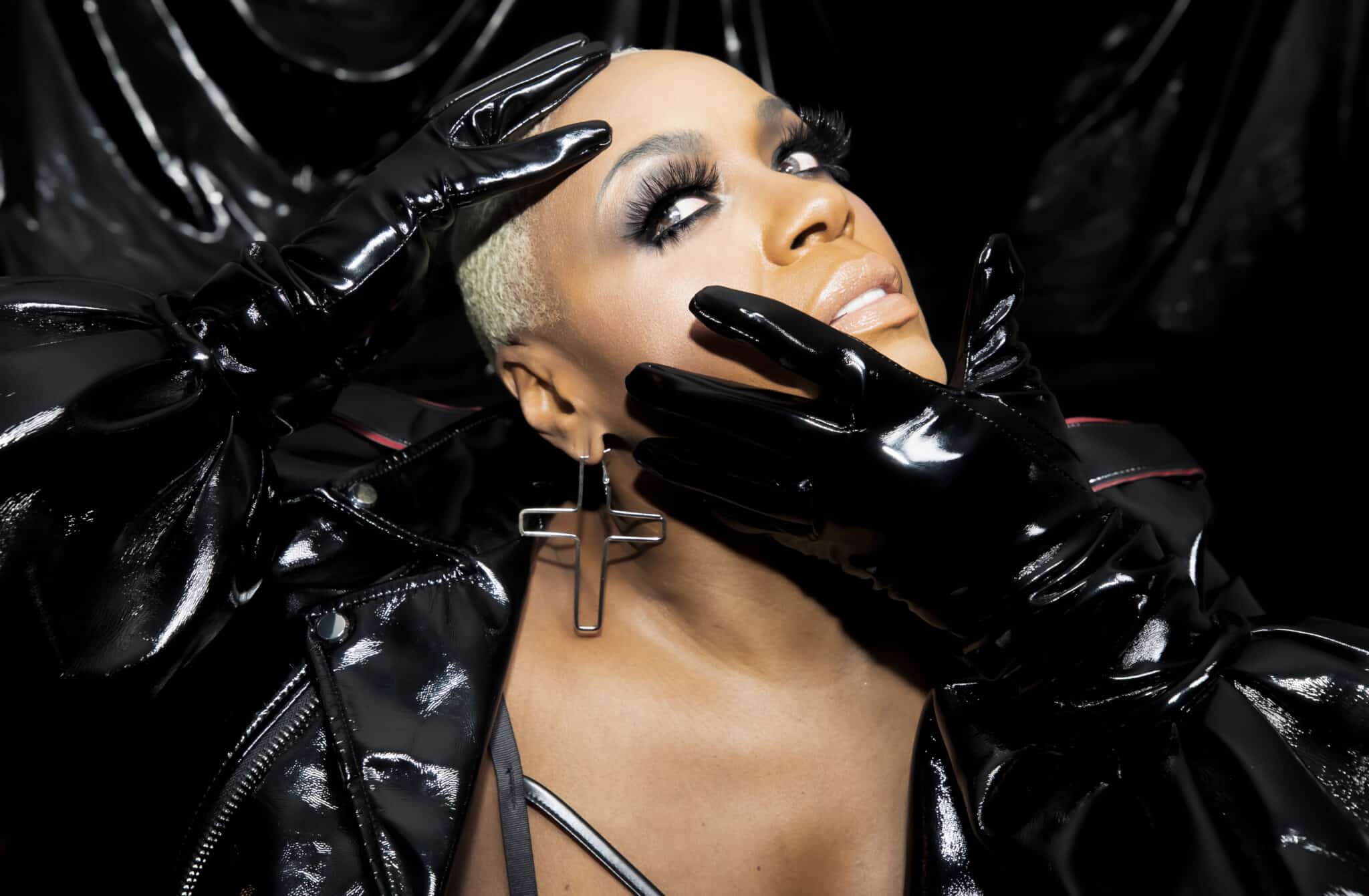
JF: Why do you think the LGBTQ audience can become so attracted to certain women artist? Why are you one of those artists that the gays just can’t get enough of?
UN: I think it’s because you just generally have good taste! [laughs] I mean, you know, it is what it is! The gay community has been such an important part of my life from my early beginnings. Also, I really believe it goes back to my history with my with my mom and her kind of just being out there in the world, living on our own, and my mom having an eclectic group of friends and culture. That’s my tribe. My entire life they’ve [LGBTQ] been in every aspect of my life. So when I started going clubbing, you know, it just was a natural thing — we gravitated towards each other.
JF: So the community really was there for you from the start?
UN: When I started making records and did my very first show (at one of our small underground clubs) it was my Black, gay queens here in Baltimore — my revlons — that were like, “Okay, our girl has a show. Let’s get it!” So that they did. My hair, my makeup; they made my outfit — my first costume, you know — they just kind of built the Barbie. Unfortunately, some were lost along the way back in the in the AIDS epidemic, but these were like really magical unicorns. And they embraced their little sister and pulled her together and put the fairy dust on. (Fairyland, hello!)
JF: Decades later, how do you keep yourself interested? Ten albums later… what’s your process like? How do you keep new Ultra music fresh?
UN: You know, it’s like [the new music] I’m currently working on today. It doesn’t matter how many accolades you have or how many hit records you have in your catalog. I still have to peel back the onion. For example, yesterday I was writing music thinking, “You’re working [at it] too hard; you’re overthinking it! Just go back to that rawest moment.” There should be no worrying about what others are doing on the charts right now — or the new way that people are writing music. Just go to the barest moment of your soul. Don’t think about it… just lend yourself to whatever comes out.
JF: Your loyal fans appear to truly connect with you. What does that feel like… knowing your art has that type of an impact? Music lovers around the globe, many you’ll never even meet, knowing that your music continues to inspire these fans of yours?
UN: I think that’s kind of like the whole point of what I do. The music business is not an easy place to navigate. You know? It is a wild, bucking bronco. It’s an animal unto itself with a lot of things to navigate. So anytime you commit yourself to put yourself on display and present yourself to the public, especially in this climate, where everyone has a microphone, and everyone is critical of everything, and hypercritical, you’ve got to be very courageous. What really helps is the validation that I get and feel from so many people around the world — it truly what keeps me going. It’s really what helps sustains my purpose in doing this. It reminds me that what I’m doing is truly what is important — that artists are impacting culture. We are impacting people’s lives directly. And so that feedback [and support] is really, really important to me.
JF: Give me a sort of visual of your upcoming Fairyland set. Are you going to be DJing, and then pop in some live vocals here and there? Paint us a picture.
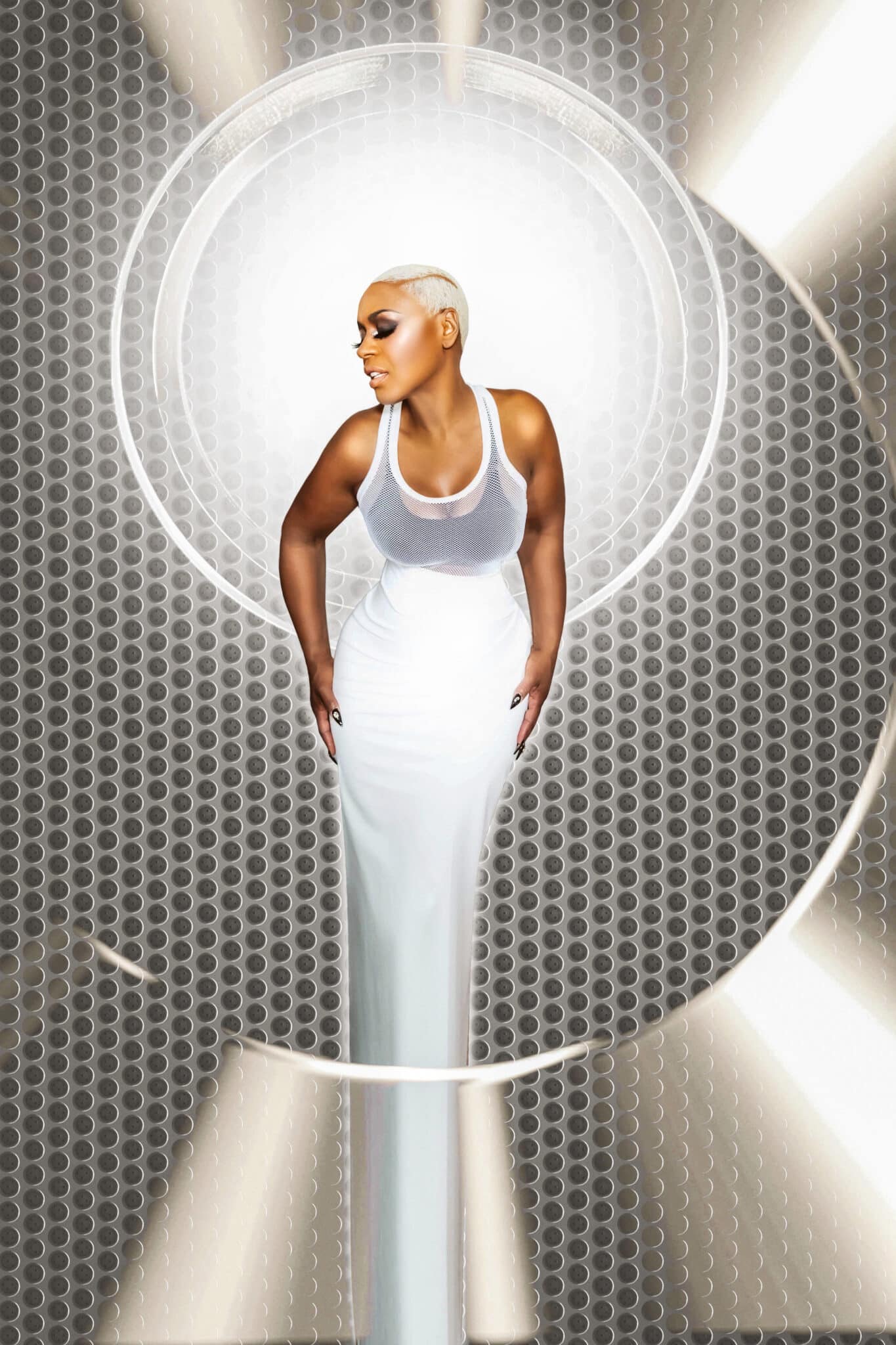
UN: That’s probably how it’s going to go! I’m definitely going to do a standalone moment of singing, but it will be within my DJ set. I grew up as a club kid. I mean, I went basically from being a kid on the dance floor to being an artist in this business and making records; and creating those tunes that are now played on that dance floor, to also being behind the decks. It’s going to be a combination of great things.
JF: It’s going to be very exciting to have you here in Puerto Vallarta! And what a lineup.
UN: And it’s called Fairyland! What more is there to say?! Plus all my favorites are playing — I’m excited to see a lot of my friends on the bill. We’re talking Tedd Patterson, DJ Deanne, Derrick Carter — to name just a few.
I’ll see you all in Puerto Vallarta! We’re gonna have some fun.
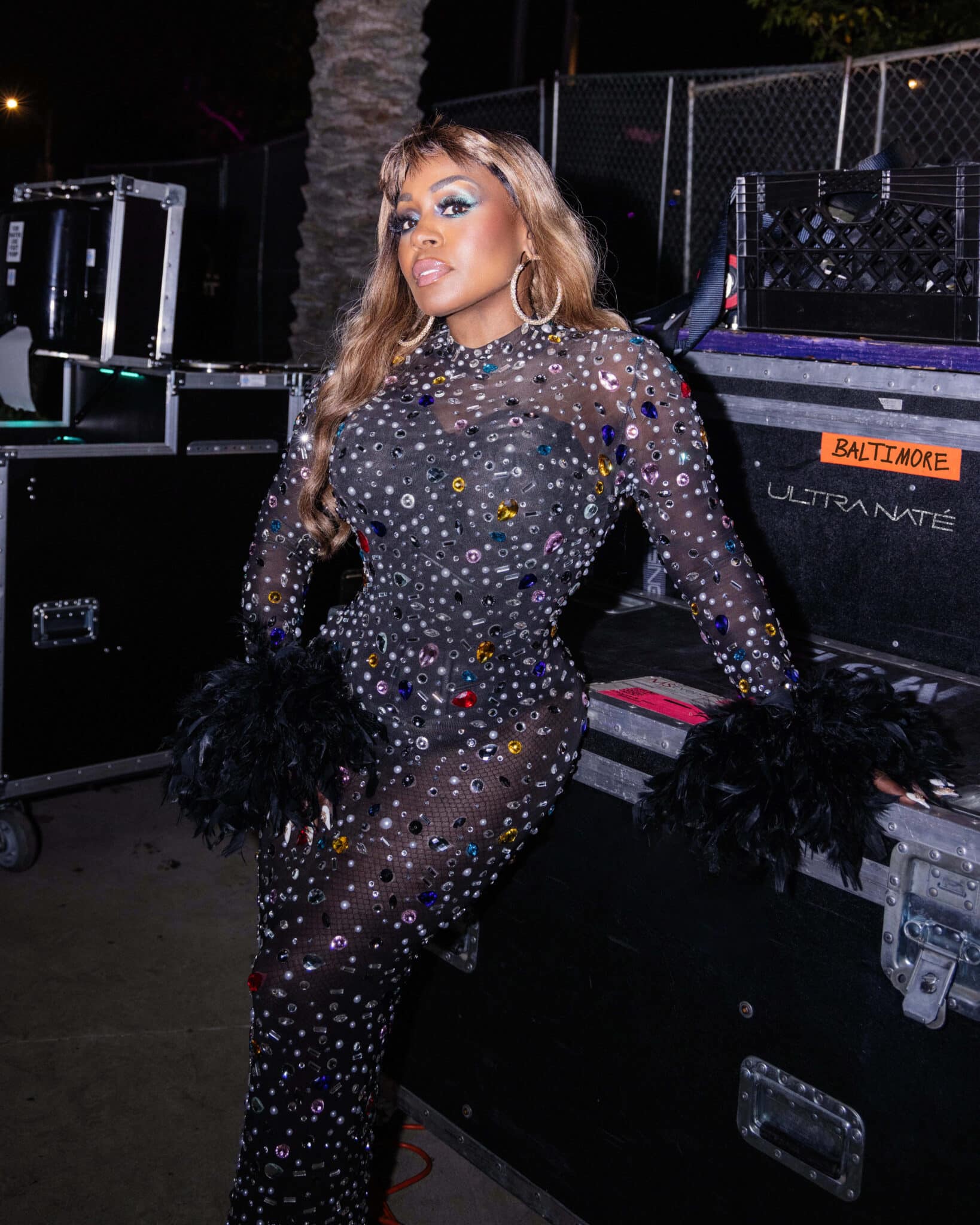
Fairyland Music Festival will take place March 13-16, 2025. The beachside music event — hosted by Almar Group’s Almar Resort/Mantamar Events — is being billed as “Puerto Vallarta’s first-ever queer house music festival.” Promotional materials show that this festival was created in association with Brian Kent Productions. For tickets and additional information, visit www.fairylandfestival.com.
Ultra Naté is scheduled to appear at the festival on Saturday, March 15. Learn more about the Baltimore-based DJ and vocalist on Instagram and on UltraNate.com.
Connect with writer and journalist Joseph Fenity
Visit josephfenity.com or connect with him @fenity on YouTube.
Esta publicación también está disponible en: English Español



